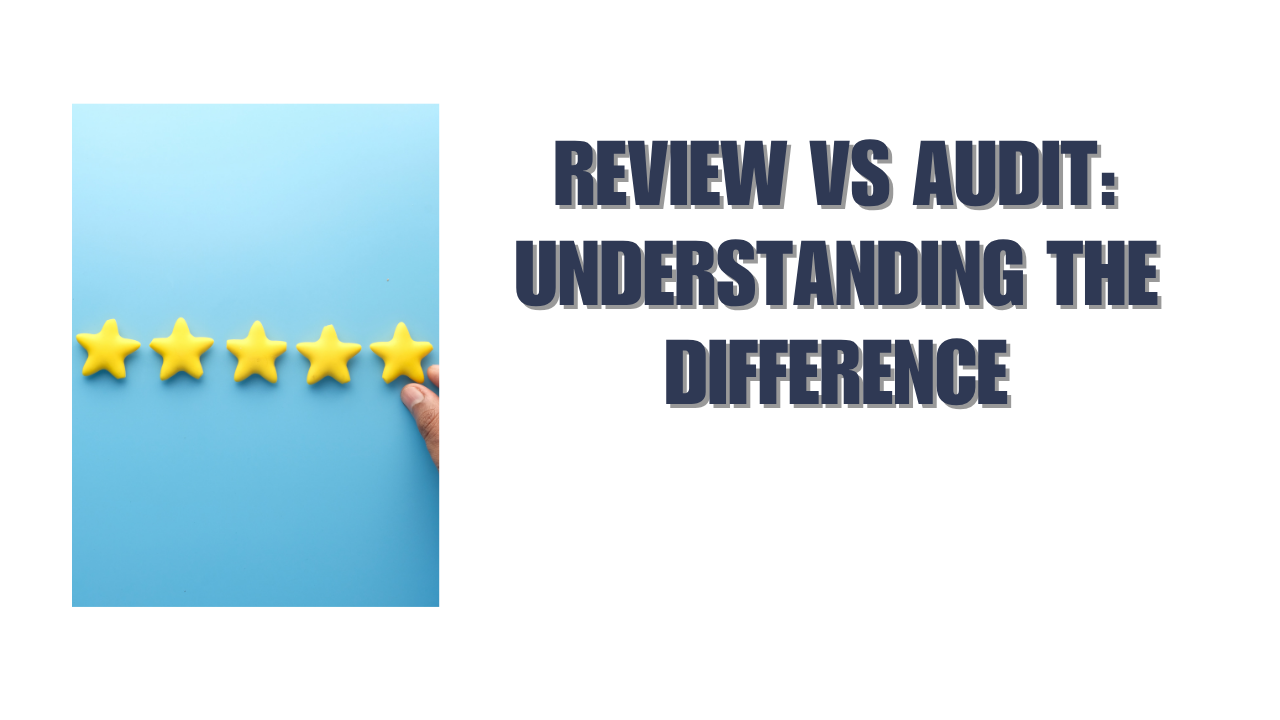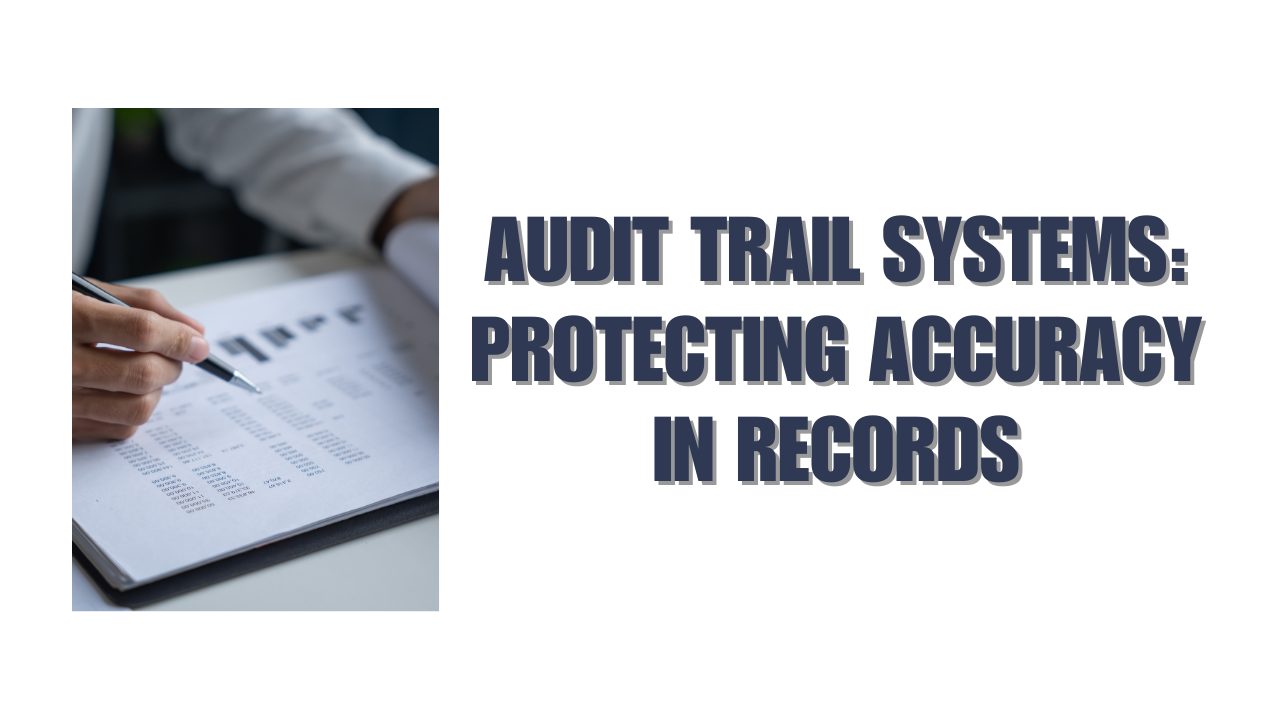In recent years, New Zealand businesses have experienced a noticeable increase in formal financial checks. Some of these checks are full audits, while others are fewer intensive reviews. Both aim to provide assurance over your financial statements, yet the term review vs audit still causes confusion for many business owners.
A review may be carried out voluntarily or at the request of stakeholders. An audit may be required by law when your business reaches specific turnover, staff, or public accountability thresholds. Understanding which applies to your situation will help you prepare the right documents, communicate effectively with professionals, and use the findings to strengthen your operations.
This article explains how reviews and audits differ, outlines the process for each, and provides practical guidance so you can manage the experience with confidence.
Why Reviews and Audits Happen
A financial review is often used when stakeholders, such as lenders or investors, want a level of assurance that your financial statements are free from major errors. This process is lighter in scope than an audit and focuses on analytical procedures and discussions about your accounts.
An audit involves a more detailed and structured examination of your financial statements. It provides reasonable assurance that your records are accurate and complete. This process includes testing individual transactions, checking internal controls, and verifying balances with third parties.
The choice between a review vs audit is usually influenced by legal requirements, stakeholder demands, or the desire to enhance confidence in your reporting. Reviews are common in privately held businesses where the law does not require a full audit, while audits are standard for companies with higher levels of public accountability.
Key Differences in Scope and Effort
When you compare a review vs audit, the depth of work is the most obvious difference. A review typically involves questions, analysis of trends, and identification of unusual changes in your accounts. It is more about confirming that there are no significant issues rather than verifying every figure in detail.
An audit is more thorough. It examines evidence supporting your figures, samples invoices and receipts, and checks that your financial systems are working as intended. The process is longer and generally costs more, but it offers a higher level of assurance.
Preparing for Either Process
Whether you are preparing for a review or an audit, organisation is critical. You will need to gather complete financial statements, bank reconciliations, receipts, invoices, payroll records, and contracts. These documents should be arranged in a clear and logical order so they are easy to access when requested.
It is wise to assign one person within your business to handle all communications with the reviewer or auditor. This ensures consistent answers and reduces delays. Having your accountant check your records before the process begins can also save time and prevent unnecessary issues from arising.
Managing the Process
During a review, most communication is handled remotely and the process can often be completed in a short time. An audit typically requires more interaction, including on-site visits, requests for additional documents, and more detailed questioning.
Regardless of the process, the same principles apply. Provide clear and accurate answers, submit only the information requested, keep records of everything provided, and maintain a professional tone in all communication. Once complete, you will receive a final report. A review report will confirm that nothing significant has come to the reviewer’s attention, while an audit report will state whether your financial statements give a true and fair view.
Conclusion
The review vs audit decision is influenced by regulatory obligations, the expectations of stakeholders, and your own business objectives. A review can be a cost-effective way to provide limited assurance, while an audit offers deeper scrutiny and stronger credibility.
By understanding the differences, preparing thoroughly, and cooperating during the process, you can turn either experience into an opportunity to improve your financial systems and reporting. The insights gained from a well-conducted review or audit can help strengthen your internal controls, increase transparency, and build trust with those who rely on your financial statements.
FAQs
Q1. Which is more detailed, a review or an audit?
An audit is more detailed than a review. It involves in-depth testing of transactions, verification of supporting evidence, and assessment of internal controls. A review is limited to analysis and inquiry, offering a lower level of assurance.
Q2. When is a review suitable instead of an audit?
A review is suitable when stakeholders want some assurance over your financial statements but do not require the depth of an audit. This is common for private companies without statutory audit obligations but still needing to reassure lenders or investors.
Q3. Can a business choose between a review and an audit?
Many businesses that are not legally required to have an audit choose one for credibility or investor confidence. Others opt for a review to save time and costs while still providing stakeholders with meaningful assurance.






